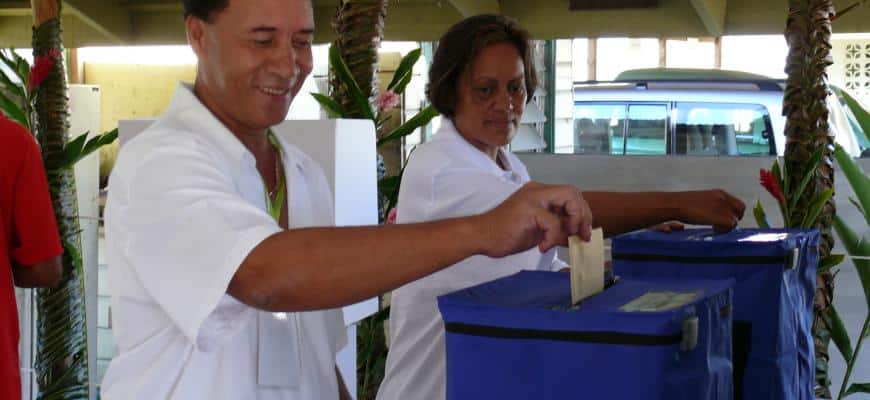Special Committee on Decolonization to Act on Draft Proposal

The Special Committee on Decolonization is set to conclude its annual session today, focusing on the implementation of the Declaration on the Granting of Independence to Colonial Countries and Peoples. This session will address several draft resolutions concerning various territories, including American Samoa, Anguilla, Bermuda, and others. Additionally, the committee will review recommendations from a recent Pacific regional seminar held in Timor-Leste.
Draft Resolutions on Colonial Territories
During its session, the Special Committee will take action on multiple draft resolutions that address the status of several territories. These include the “Question of American Samoa,” “Question of Anguilla,” and “Question of Bermuda,” among others. Each draft resolution is aimed at evaluating the progress and challenges faced by these territories in their quest for self-determination. The committee’s work is crucial as it seeks to ensure that the voices of these territories are heard and considered in the broader context of decolonization efforts.
The resolutions also cover territories such as the British Virgin Islands, the Cayman Islands, French Polynesia, Guam, Montserrat, New Caledonia, Pitcairn, Saint Helena, Tokelau, the Turks and Caicos Islands, and the United States Virgin Islands. By addressing these specific questions, the committee aims to provide a comprehensive overview of the current situation in these regions and to promote actions that support their independence aspirations.
Implementation of the Declaration
In addition to the territorial questions, the Special Committee will discuss the implementation of the Declaration on the Granting of Independence to Colonial Countries and Peoples. This includes examining the roles of specialized agencies and international institutions associated with the United Nations in promoting decolonization. The committee will review drafts that focus on economic and other activities affecting the interests of the peoples in Non-Self-Governing Territories.
These discussions are vital as they highlight the ongoing challenges faced by these territories and the need for international support in their pursuit of self-governance. The committee’s actions will contribute to shaping policies that can enhance the socio-economic conditions of these regions while respecting their right to self-determination.
Pacific Regional Seminar Insights
The committee will also take note of the draft conclusions and recommendations from the Pacific regional seminar held in Dili, Timor-Leste, from May 21 to 23, 2025. This seminar provided a platform for dialogue among stakeholders regarding the decolonization process in the Pacific region. The insights gained from this seminar will inform the committee’s future actions and recommendations.
The procedural report from the seminar will also be reviewed, ensuring that the discussions and outcomes are documented and considered in the committee’s ongoing work. This reflects the committee’s commitment to engaging with regional perspectives and incorporating them into its broader decolonization agenda.
Historical Context of the Special Committee
Established in 1961 by the General Assembly, the Special Committee on Decolonization serves as a subsidiary organ dedicated to addressing decolonization issues. Its formation was guided by General Assembly resolution 1654 (XVI), which underscored the importance of granting independence to colonial countries and peoples. Over the years, the committee has played a pivotal role in advocating for the rights of territories seeking self-determination and has facilitated discussions on their political, economic, and social development.
As the committee concludes its annual session, its actions will continue to resonate in the ongoing global discourse on decolonization, emphasizing the need for continued support and advocacy for the rights of all peoples seeking independence.
Observer Voice is the one stop site for National, International news, Sports, Editor’s Choice, Art/culture contents, Quotes and much more. We also cover historical contents. Historical contents includes World History, Indian History, and what happened today. The website also covers Entertainment across the India and World.
Follow Us on Twitter, Instagram, Facebook, & LinkedIn

